The Deputy Speaker of the House of Representatives, Rt. Hon. Benjamin Okezie Kalu, has called for better empowerment of women in politics, especially as members of parliament.
Kalu also stated that African countries must make democracy adaptive to their peculiarities and not “copy and paste” governance systems of foreign countries.
The Deputy Speaker made this known in Abuja on Monday when he received a delegation of female members of the Federal Parliament of Somalia on behalf of the Speaker, Rt. Hon. Abbas Tajudeen, Ph.D.
The delegation, led by the Chairperson of the Parliamentary Caucus, Sahur Haji Ulusow, was drawn from both chambers of the bicameral Somali parliament, namely Upper House (Senate) and a Lower House (House of the People).
Kalu, while receiving the female Somali lawmakers, said there are parliamentary experiences Nigeria and Somalia can share.
The Deputy Speaker, at the meeting facilitated by the United Nations Population Fund (UNFPA), noted that while the Federal Parliament of Somalia had 54 female members, Nigeria’s House of Representatives had only 16.
Kalu, however, noted that 13 of the 16 female members of the House are chairing various committees.
“Let me say that this is a new dawn in Africa – a new dawn because we have seen the need to build our democracies from where they are to where they ought to be,” he said, while appreciating the “mind-set of doing a comparative analysis” of democratic and parliamentary systems.
The Deputy Speaker added: “So, the best place to learn; the best place to compare with remains the people that share similar culture, histories, political experiences and challenges. So, I want to commend the United Nations for picking Nigeria as the right place for this comparative analysis and knowledge sharing to be conducted, with the Somali Parliament.”
Kalu stated that the visit by the female Somali parliamentarians had “inspired the hope that democracy has come to stay in Africa.”
He also stated that African countries “understand each other better than the rest of the world.”
The Deputy Speaker said the exchange would allow Nigeria and Somalia to share experiences on how they overcame the challenges both countries had in common.
Kalu also noted that with the high number of women in the Somali Parliament, “our gender equality and inclusiveness formula needs to be rejigged in Nigeria.”
He added: “We have only 16 and you have 54. It is a challenge. But you have to copy us in another regard, which is that you have 54 but only three are chairing committees. We have 16 and 13 are committee chairmen.”
While noting that Nigeria and Somalia have similar humanitarian issues, the Deputy Speaker recalled how the National Assembly created several standing committees as legislative interventions.
Kalu also noted that both countries have similar security challenges, stating that, “Insecurity is impeding our development (in Africa).”
The Deputy Speaker urged the Somali Parliament to consider legislative interventions on issues, beyond legislation and law making. “We call it legislative diplomacy – using the back door and channels to resolve issues. It has helped us,” he said.
While describing the exchange programme as “a step in the right direction by the United Nations,” Kalu proposed the establishment of a Nigeria-Somalia friendship association for more exchanges and comparison of notes.
The Deputy Speaker also told the Somali delegation of the Legislative Agenda usually designed by every National Assembly, which encapsulates all the national objectives.
Earlier, Ulusow, who led the female lawmakers, said the visit to Nigeria was to exchange ideas with the Nigerian Parliament. She noted how legislative seats are reserved for women in Somalia, making them to constitute not less than 10 per cent of the Somali parliament.



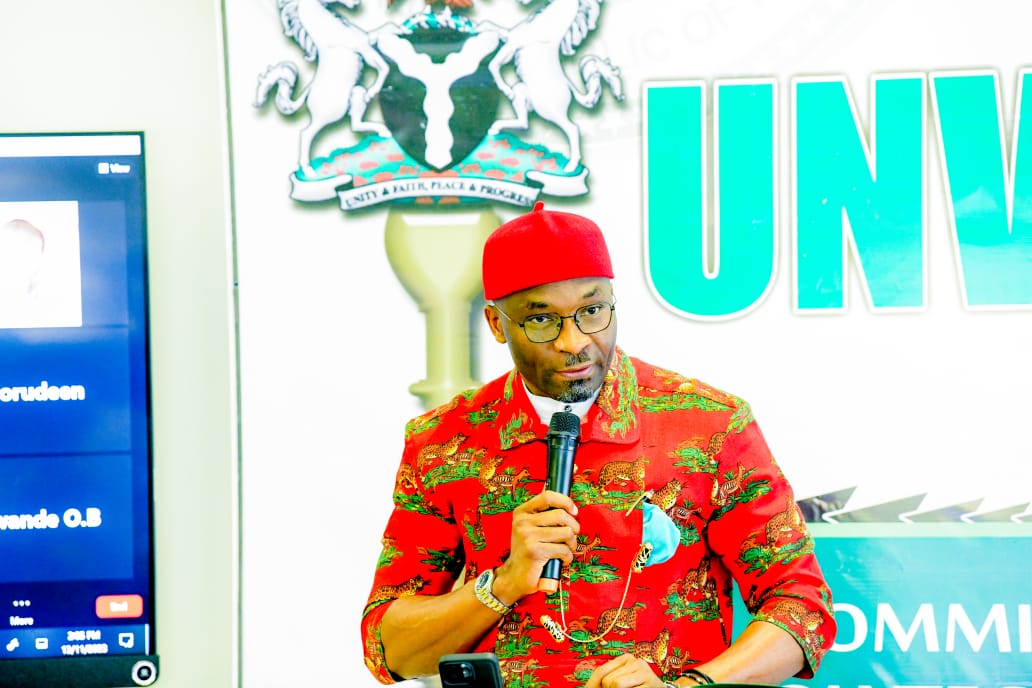
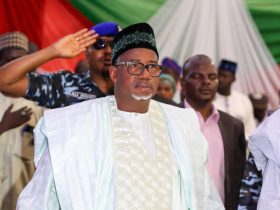


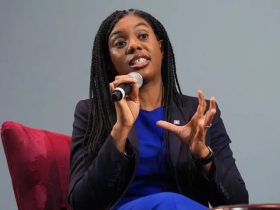

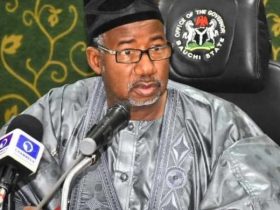
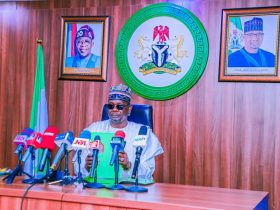
7 Comments